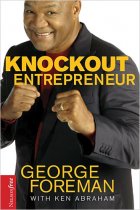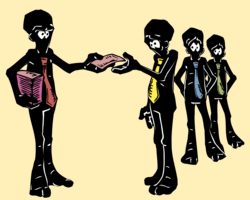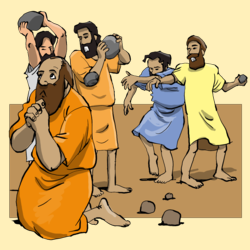 Basic political geography is a problem that we have not yet solved, according to geopolitical expert Parag Khanna in a talk given at the TED conference in July. Border conflicts justify most of the world’s military expenditure and often derail economic progress. In 1945 there were 100 countries in the world; today there are 200 countries. Numerous border changes are currently happening without being recorded on maps.
Basic political geography is a problem that we have not yet solved, according to geopolitical expert Parag Khanna in a talk given at the TED conference in July. Border conflicts justify most of the world’s military expenditure and often derail economic progress. In 1945 there were 100 countries in the world; today there are 200 countries. Numerous border changes are currently happening without being recorded on maps.
Russia is the largest country geographically, but Russians are moving out of eastern Russia, while Chinese are moving in, taking advantage of eastern Russia’s vast areas of land to send agricultural products back to China. China has become the anchor of trade in the East Asia region. China is also exporting its culture through migration in the region. National cultures are emerging in the Far East in a much more fluid imperial zone.
In the Middle East, improved infrastructure could help to bring peace. Commuter railroads and other links between West Bank and Gaza can make Palestine an economically viable state. A century ago, during the Ottoman Empire, there was a rail link all the way from Istanbul to Medina via Damascus. Reconstruction would lead to greater peace in the region.
 Nine years ago this month, world leaders came together at United Nations Headquarters in New York to commit their countries to a number of poverty reducing targets known as the Millennium Development Goals, with a deadline of 2015 for achieving those goals. The UN has recently released
Nine years ago this month, world leaders came together at United Nations Headquarters in New York to commit their countries to a number of poverty reducing targets known as the Millennium Development Goals, with a deadline of 2015 for achieving those goals. The UN has recently released  On
On  Life is full of things that you cannot control. You cannot control the weather. You can influence the thoughts and behaviour of other people, but you cannot control it. You cannot control your own mortality. You cannot control most of the things that happen to you in life. Some people wish that there was some magic way for them to get a bit more control, and Simon the Sorcerer thought he had found a way when he saw the power of the Holy Spirit, as reported in
Life is full of things that you cannot control. You cannot control the weather. You can influence the thoughts and behaviour of other people, but you cannot control it. You cannot control your own mortality. You cannot control most of the things that happen to you in life. Some people wish that there was some magic way for them to get a bit more control, and Simon the Sorcerer thought he had found a way when he saw the power of the Holy Spirit, as reported in  What does a former boxing Heavyweight Champion of the World have to offer in the way of advice on running a business? Quite a bit, as it turns out. The cheerful man who brought us George Foreman’s Lean Mean Fat-Reducing Grilling Machine also brings us a
What does a former boxing Heavyweight Champion of the World have to offer in the way of advice on running a business? Quite a bit, as it turns out. The cheerful man who brought us George Foreman’s Lean Mean Fat-Reducing Grilling Machine also brings us a  Richard Stearns, the president of World Vision US, makes an interesting observation in chapter 10 of his book
Richard Stearns, the president of World Vision US, makes an interesting observation in chapter 10 of his book  The diversity which we have within crops – all the different kinds of wheat, rice, etc. – is a genetic resource which stands between us and starvation on a catastrophic scale we cannot imagine, according to
The diversity which we have within crops – all the different kinds of wheat, rice, etc. – is a genetic resource which stands between us and starvation on a catastrophic scale we cannot imagine, according to  Last week the Organisation for Economic Co-operation and Development published the
Last week the Organisation for Economic Co-operation and Development published the  In 1981 the United Nations General Assembly
In 1981 the United Nations General Assembly  If you have just been arrested and brought before a tribunal filled with angry men who are threatening to beat you to death with stones because of what you have been saying, do you start back-pedalling in an attempt to get out of there alive, or do you boldly tell them what is on your mind?
If you have just been arrested and brought before a tribunal filled with angry men who are threatening to beat you to death with stones because of what you have been saying, do you start back-pedalling in an attempt to get out of there alive, or do you boldly tell them what is on your mind?